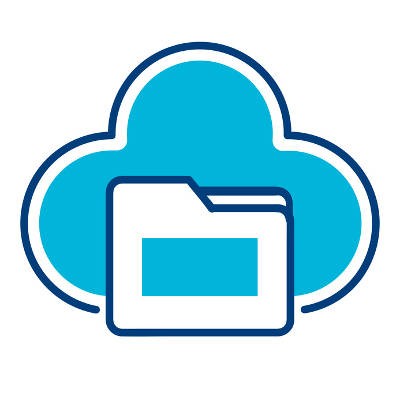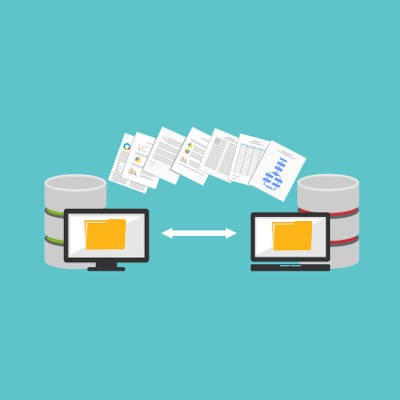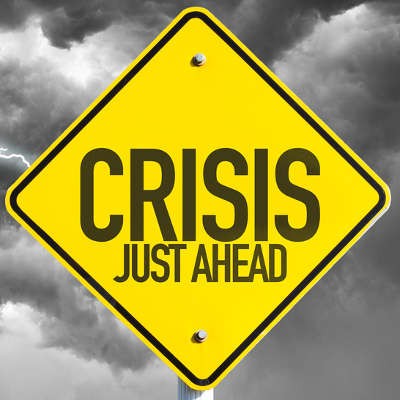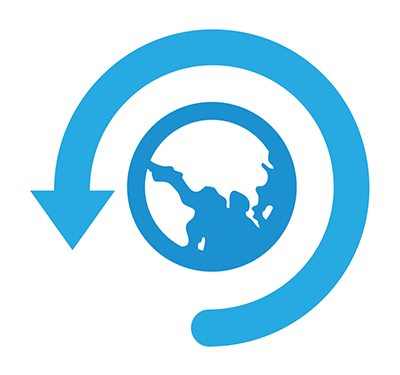JS Business Solutions Blog
If you suddenly were to find yourself in a data-loss situation, you would want to have some sort of backup in place to protect your critical data. However, not all backup solutions are the same, and some will do a better job than others at keeping your data safe while remaining convenient to the needs of a business. As an example, let’s compare tape backup to a cloud-based backup and data recovery solution.
Your data is a critical part of your business, and as such, needs to be protected. One of the most effective means of doing so is to maintain reliable backups. However, not just any backup will do. In today’s blog, we’ll review what you need to keep in mind in order to successfully maintain a data backup.
Of any solution that might help your business out of a jam, a data backup is possibly the most important. However, a backup is only as reliable as it is configured to be. To ensure your backup is optimized to your business’ needs, we’ve compiled a few questions to ask as you examine your backup solution.
It’s no secret that a business relies on its data. Therefore, it only becomes more important that this data is protected, especially in light of the predictions that have been made for the rest of the year concerning ransomware. Read on for a closer examination of these predictions, and suggested actions that you can take to protect your business and its data.
If you subscribe to Murphy’s Law, you understand why it is so crucial for every business to have a backup solution planned, put into place, and prepared for the worst. However, not every business should go about putting their backup strategy together in the same way. After all, their needs will be different, based on their industry, the data they store, and a variety of other factors.
March 31, 2018 is World Backup Day. Data is a commodity, but unlike other commodities--it can be replicated without hurting its value. As a result, data backup has become a critical need for the modern business. World Backup Day has been created to remind people to protect their assets by backing up their files.
When you mention the term 'disaster recovery,' most people think about the big ground-shattering events like earthquakes, fires, floods, tropical storms, etc. While these natural events are certainly disasters and devastating in their own right, smaller things can constitute as a disaster for your business, and they aren't seasonal.









